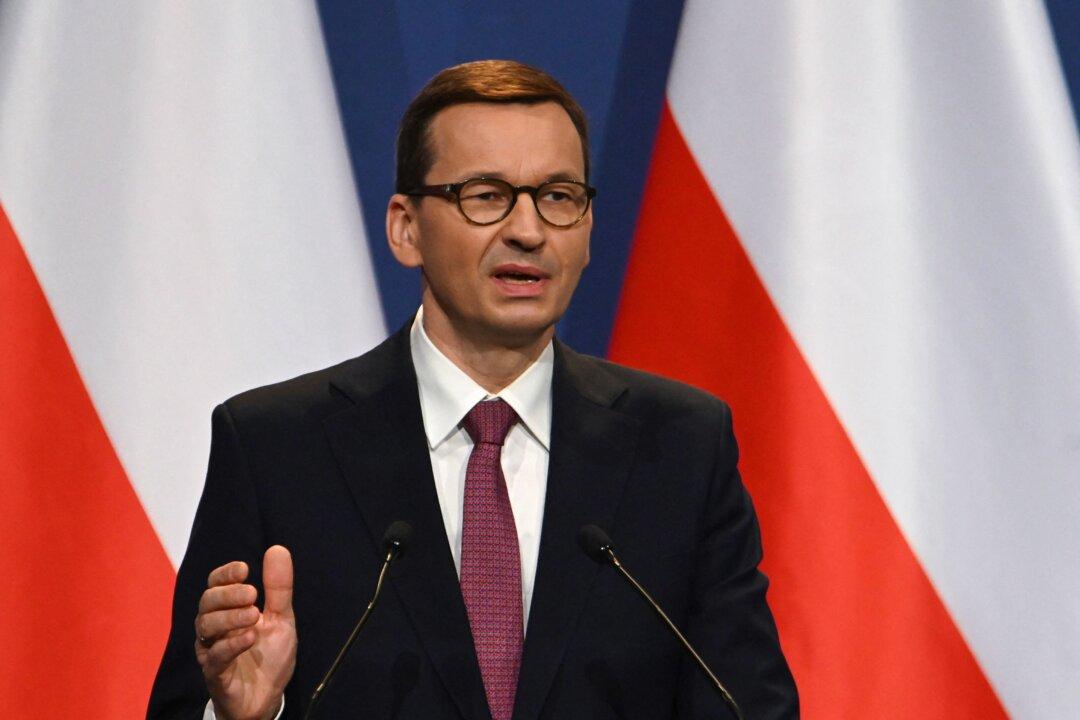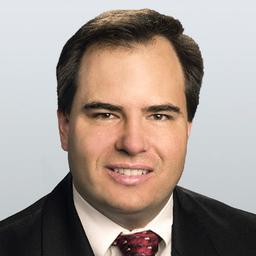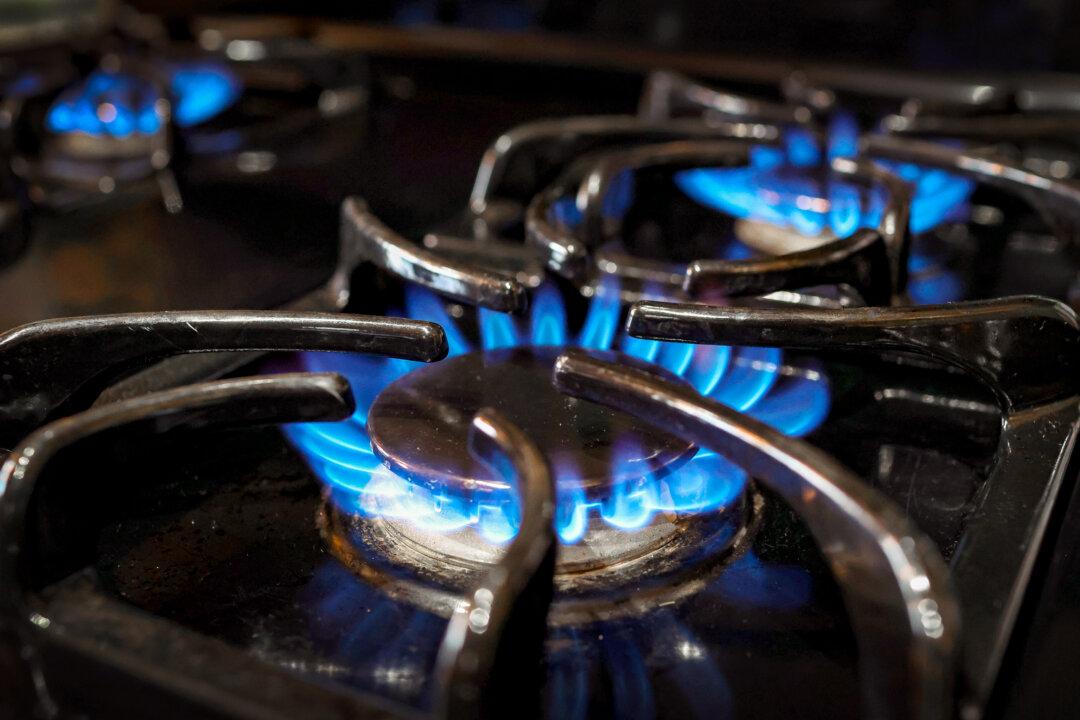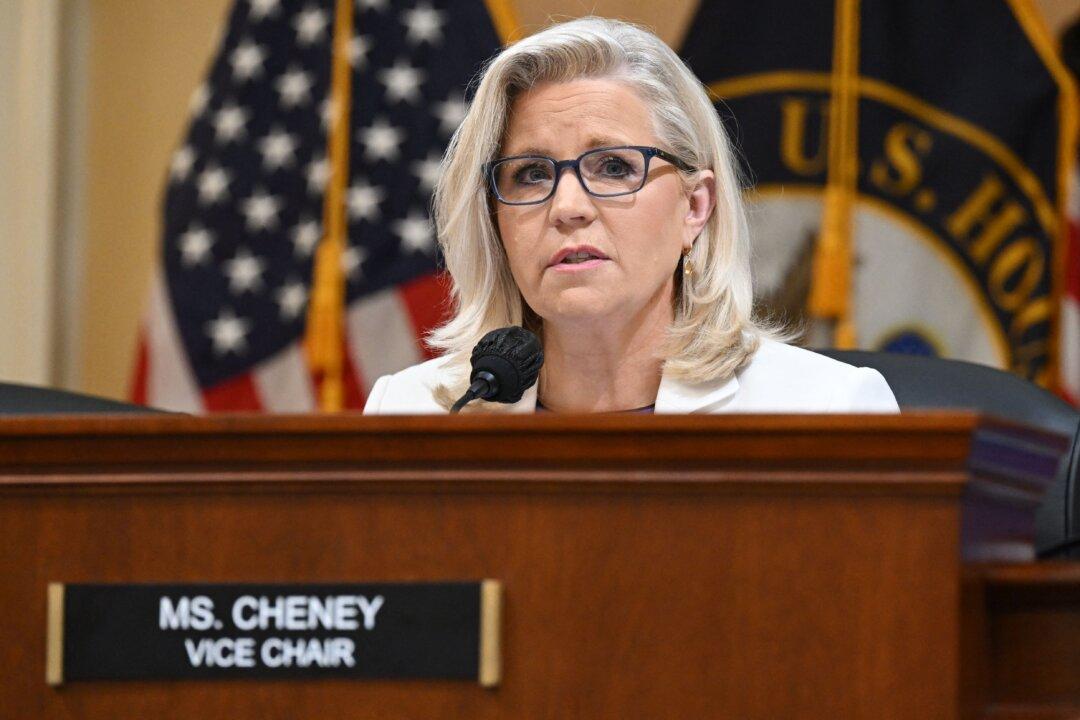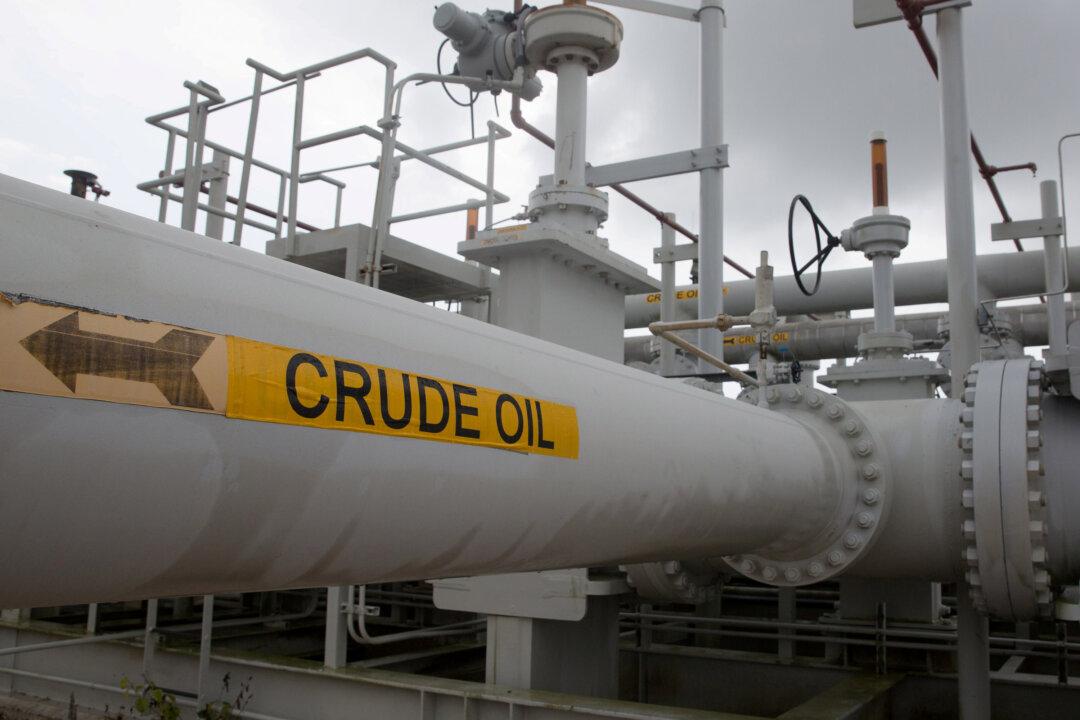Commentary
Poland’s Prime Minister Mateusz Morawiecki is eager for his nation to be the best friend America has always sought in the European Union (EU). The EU’s “Old Guard” powers (Germany and France) have been more competitive “frenemies” of the United States, often taking pleasure in criticizing and embarrassing American leaders and policies.
